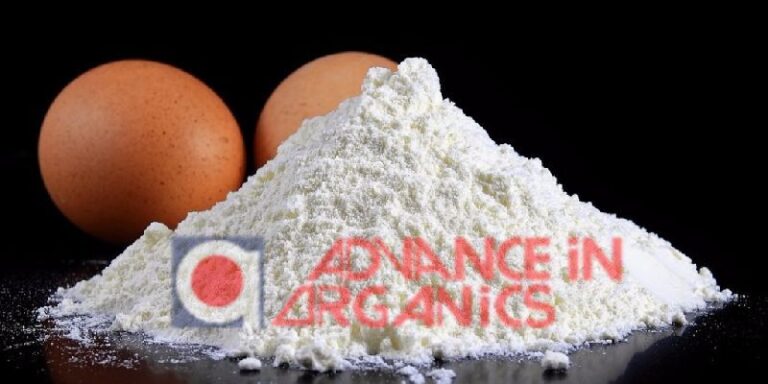The growth of the Indian egg powder market has been largely attributed to increasing demand from end-use industries such as food processing, cosmetics, and pharmaceuticals. Protein rich diet trends and demand for easy to make food is expected to boost the egg powder market as an ingredient. Furthermore, the longer storage life and ease of transportation of egg powder has generated its demand benefits over fresh eggs across a range of applications.
Standards of Excellence and Accreditations
India’s egg powder sector must observe comprehensive quality standards and achieve certifications to promise food safety as well as the reliability of its products. Typically, manufacturers go after ISO 22000 certification as a means of managing food safety, while also initiating HACCP (Hazard Analysis Critical Control Point) certification to handle potential biological, chemical, and physical risks in their production.
In addition, adherence to FSSAI (Food Safety and Standards Authority of India) regulations is required to make certain products fulfill domestic legal specifications. For exports worldwide, the BRC (British Retail Consortium) and IFS (International Featured Standards) certifications are typical to fulfill the quality expectations accepted internationally. For egg powder manufacturers wishing to furnish organic or specialty items, the decision to acquire USDA Organic or EU Organic Certification depends on their intended market.
Green Initiatives and Environmental Responsibility
The production of egg powder is becoming an increasing environmental worry, particularly with regard to energy usage, water need, and waste management in large manufacturing operations. Manufacturers that think ahead are beginning to adopt sustainable practices, such as scaling back water inputs, enhancing energy efficiency, and using recycled waste byproducts (including eggshells and surplus yolk). As an illustration, a great many plants use biogas systems to process organic waste and generate renewable energy, which helps to lessen their carbon footprint.
A number of manufacturers are also putting resources into green certifications to reflect their promise to environmental responsibility. Through the incorporation of these methods, manufacturers are able to get the attention of eco-aware customers and cut down their long-term operational costs.
Practical Examples and Applications
Egg powder is widely used across various industries due to its versatility. For example:
- In food processing, egg powder is used to create bakery products, sauces, and snacks, offering a protein-rich alternative to fresh eggs.
- In cosmetics, egg powder is incorporated into hair and skin products due to its nourishing properties.
- In the detergent industry, egg powder serves as a natural emulsifying agent.
- In water treatment, egg powder components are used in biodegradable filtration processes.
Relative Evaluation
Ultimately, egg powder has different advantages, one of which is a shelf life that can extend to 12 months, both transport and storage costs dropping, and a management system that is simpler to work with. Still, it has its weaknesses including a bigger starting cost and a slight reshaping of flavor compared to fresh eggs.
In the side-by-side analysis of egg powder against plant-based egg substitutes, egg powder emerges as the winner in terms of protein level and taste, whereas plant-based alternatives could attract vegan eaters and those allergic to eggs. Identifying both the target audience and their nutritional expectations is important when buyers compare egg powder with competing goods.
Buying Guide
When purchasing egg powder, consider the following factors:
· Price: The price variations depend on egg type (whole egg, egg yolk, or egg white powder), the size of the bulk order you place, and any certifications involved.
· Quality: Pay attention to important certifications, which include ISO, FSSAI, and HACCP, while ensuring your supplier assures reliable quality.
· Supplier Reliability: Look over the civic history of the supplier and obtain feedback from erstwhile clients about their projects, in addition to their industry involvement throughout the years.
· Delivery Options: Keep in mind delivery duration, expense, and packaging requirements, especially when exporting your products out of your country, because delays can adversely affect product quality.
FAQs Section
1. What is egg powder used for?
Egg powder is commonly used in food production, cosmetics, and even in industrial applications such as detergents.
2. Is egg powder safe for consumption?
Yes, egg powder is safe for consumption when produced under regulated, certified manufacturing processes.
3. How should egg powder be stored?
Egg powder should be stored in a cool, dry place, and kept in an airtight container to avoid moisture absorption.

